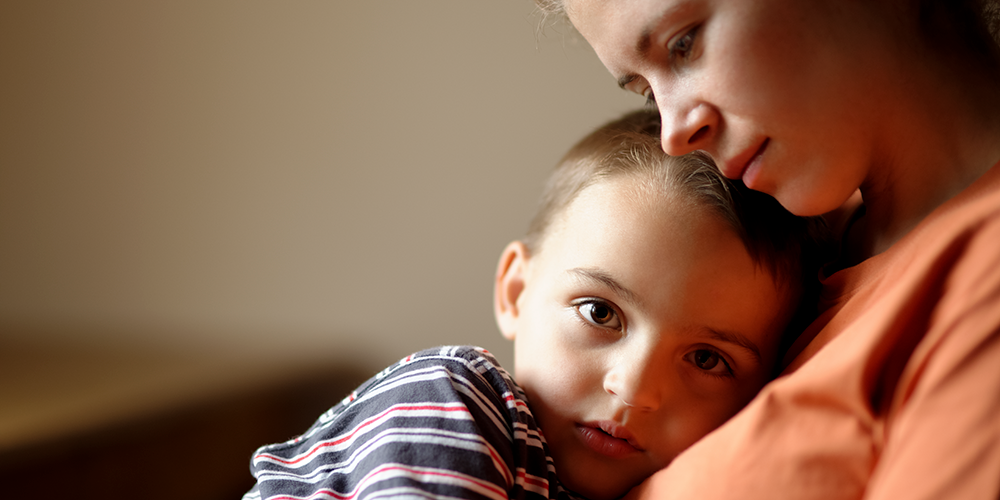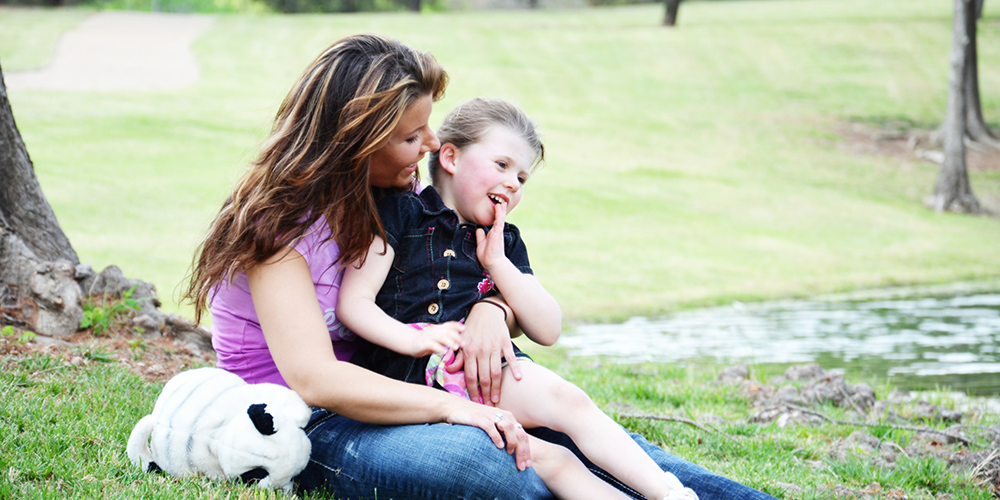ALL foster children come from hard places. These kids did not ask to be put in the system and don’t want to be in foster care. Their subsequent emotions and behaviors will vary significantly, however they ALL have trauma that needs to be addressed. This is what it’s like to foster parent children.
The most important take-away is LISTEN. Stop and listen. Listen to them when they are yelling and crying. Listen to them when they are happy and content. Listen to them when they don’t think you’re listening, and listen to them when they are sharing. You will get the information you need from listening to the foster child.
Foster kids need STABILITY. Their environment should be predictable and consistent. Post morning schedules (make bed, dress, breakfast, teeth, hair), evening schedules (snack, pajamas, teeth, reading, lights out), and even after school schedules (snack, chores, homework, free time, dinner). Post rules, post consequences, and review them regularly. Have lists everywhere. Yes, it sounds like a military camp, but these are special kiddos. Structure creates the sense of safety and security they desperately need.
Next, ATTACHMENT. A chemical called oxytocin gets released when bonding. Stimulating oxytocin production is crucial. Get down on their level, always make eye contact, and care touch as often as possible. Some want to be cuddled relentlessly; others will shy away from any physical contact. Meet them where they’re at, a gentle hand on the shoulder is still effective. Be patient, love doesn’t happen overnight. It may take months, but be consistent and changes will develop.
DON’T react to their stories. This is hard, some legitimately horrific tales may come out of their mouths. If they sense you are shocked or uncomfortable, they’ll shut down. Remain calm, maintain eye contact, and care touch if possible. Listen without judgement, and be honored they trust you. DON’T decide for the child what was traumatic. A homeless mother locked her kids in a dog cage at night. She placed blankets and covered the cage. The kids felt safe, and it wasn’t a bad memory for them. Sometimes, social workers will need to be subsequently notified. Be honest; accept that possible anger and fear are okay reactions. Remind them they are safe, and the social worker is a safe person. DON’T forget to tell them they are brave and strong for sharing.
DON’T speak poorly of the parents. This is vital. Every child’s sense of self is inextricably wrapped up in their parents. Kids are smart and will catch those murmured curses as yet another parent visit is canceled due to an unreliable vehicle, police detention, or hard night of partying. This doesn’t mean you condone the parent’s behavior. Talk about the choices the parents have made, rather than who they are as people. Some kids love and idolize their parents, fabricating elaborate stories. Others are angry and hateful. Accept their reactions, listen, and DON’T correct them.
With foster kids, buckle up for a bumpy ride! There are going to be crazy antics! It is essential to separate who the child is from what the child does. They are not the sum of their behaviors. Their pain and rage are not about you and neither are their subsequent actions and outbursts. Be firm and instill consequences, but talk after they’ve calmed. Use eye contact and care touching, and ask them what happened. Then ask them what they could’ve done differently. Help them learn. “Redos” are great, have them repeat an incorrect behavior to understand how to do it right.
Many won’t know how to self-regulate, teach them. Instruct on deep breathing, hugging themselves, squeezing a ball, or even jumping jacks to prevent losing control. Have a chill out corner they can go to when they are upset, before they get into trouble. This is a quiet private space with different textures to touch, balls to squeeze, pillows to punch, books on emotions, etc. Altering behaviors will take lots of time and patience, prepare for a marathon.
Finally, PRAISE these kids! Find anything they are doing right and praise them a nauseating amount. Their little self-esteems are frail and could use some loving! Notice when the negative behaviors are absent and applaud them for it! They went to bed without a fight, they get a huge high-five and five extra minutes of reading and cuddling the next night. If you see them self sooth or use the chill out corner, be sure let them know how PROUD of them you are. They are used to failing, set them up for a little success!
Hard places make hard kids. It’s our job to “un-hard” them. Together, we can help them learn to behave, learn to respect, learn to trust, and most importantly learn to love. Please, don’t give up.
Written By Beth Ellen




